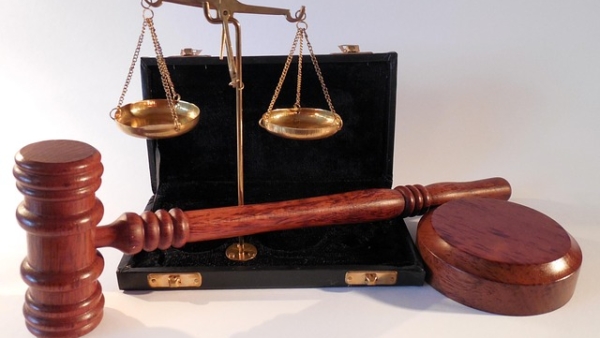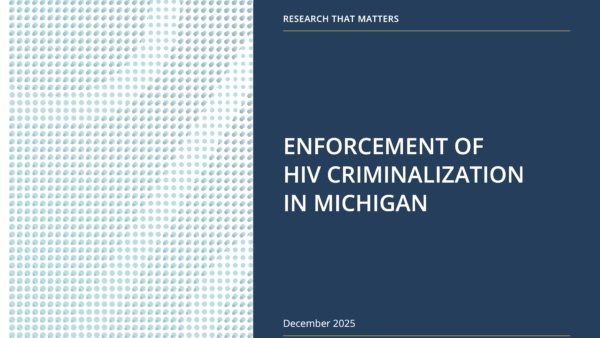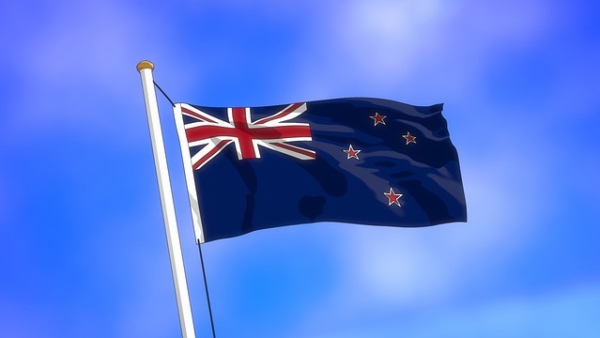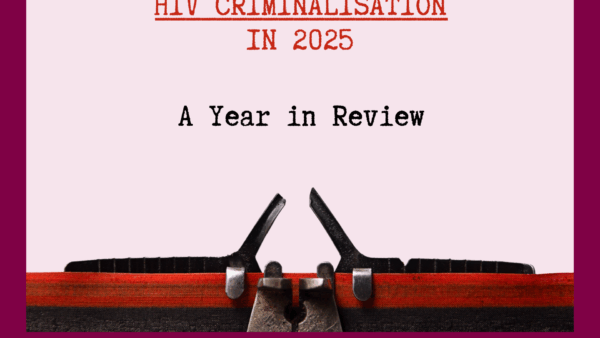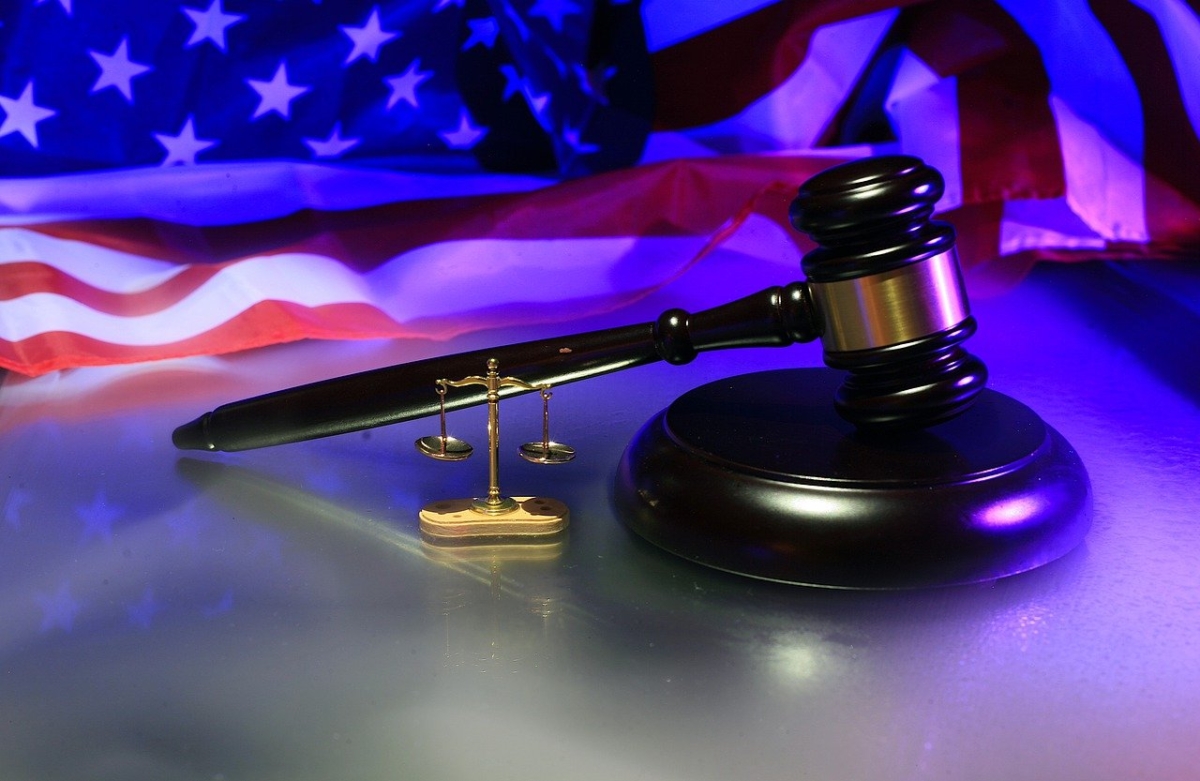
Maryland Repeals HIV Criminalization Law
State advocates succeed in making Maryland the 5th U.S. state to repeal biased HIV criminalization laws
(Washington, DC) – Today, the governor of Maryland signed a bill repealing the state’s HIV criminal offense, making it the fifth state to do so and the second state to do so in the last 60 days.
The successful enactment of HB 39 resulted from the work of the Coalition to Decriminalize HIV in Maryland, a project led by FreeState Justice. CHLP supported the coalition’s repeal efforts through strategic contributions and collaborative engagement throughout the campaign.
“This victory reflects years of tireless advocacy by people living with HIV, legal experts, and public health leaders who know that criminalization undermines public health goals,” said Jada Hicks, PJP Senior Attorney at CHLP. “It is especially monumental to achieve this victory in a time when the very existence and rights of our communities are under attack. This is what resistance against systemic injustice and discrimination looks like in action.”
The bill was named to honor the legacy of Carlton R. Smith, a long-term HIV survivor, Baltimore-area activist, and member of the Coalition to Decriminalize HIV in Maryland, who passed away last year.
“At FreeState Justice, we are proud to stand with advocates, health experts, and lawmakers who worked diligently to advance this bill. The bipartisan support for the Carlton R. Smith Act is a testament to the power of education, research, and courageous leadership,” said Phillip Westry, Executive Director of FreeState Justice. “It sends a clear message: Maryland is committed to evidence-based policymaking and to ending the criminalization of people living with HIV. We honor the memory of Carlton R. Smith by continuing the work of building a more just, inclusive, and informed society,” he continued.
Sponsored by Delegate Kris Fair, the bill had broad bipartisan support. Senator Will Smith, Chair of the Judicial Proceedings Committee and sponsor of the Senate counterpart bill, emphasized the discriminatory nature of the old law, noting that no other communicable disease was singled out in this manner. He stated in a news report that the law was“skewed towards, frankly, Black men,” underscoring the disparate impact of the law.
In Maryland, Black men are 14% of the state’s population, 44% of those living with HIV and 68% of those accused in HIV-related criminal cases As a result of this law’s passage, there are 14,837 Black men living with HIV in Maryland who will no longer live under the threat of being criminalized due to their health status as people living with HIV.
In the United States, 32 states continue to criminalize people living with HIV and 28 states have harsh criminal penalty enhancements that elevate charges based on a person’s knowledge of their HIV status. In Maryland, the now-repealed law had imposed severe penalties on individuals “knowingly transmitting” or “attempting” to transmit HIV, including up to three years of imprisonment and fines up to $2,500. The law did not require actual transmission of HIV, intent to transmit, or even conduct that can transmit HIV.
The repeal of Maryland’s HIV criminal offense reflects the power of state-level advocacy to lead the way in the face of federal inaction and regression under the Trump administration. The process highlights the importance of advocacy and educating lawmakers about the impacts of overcriminalization on Black people and those living with HIV.

